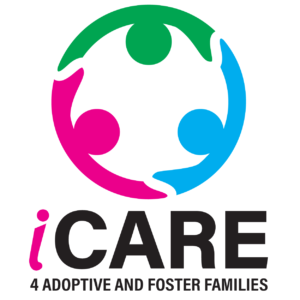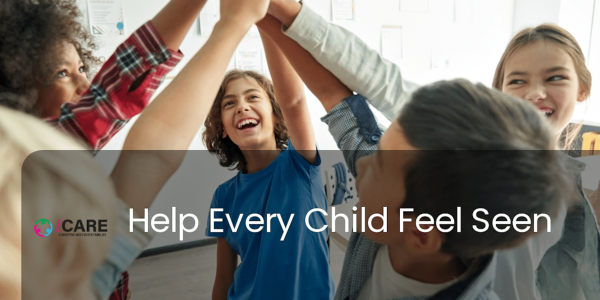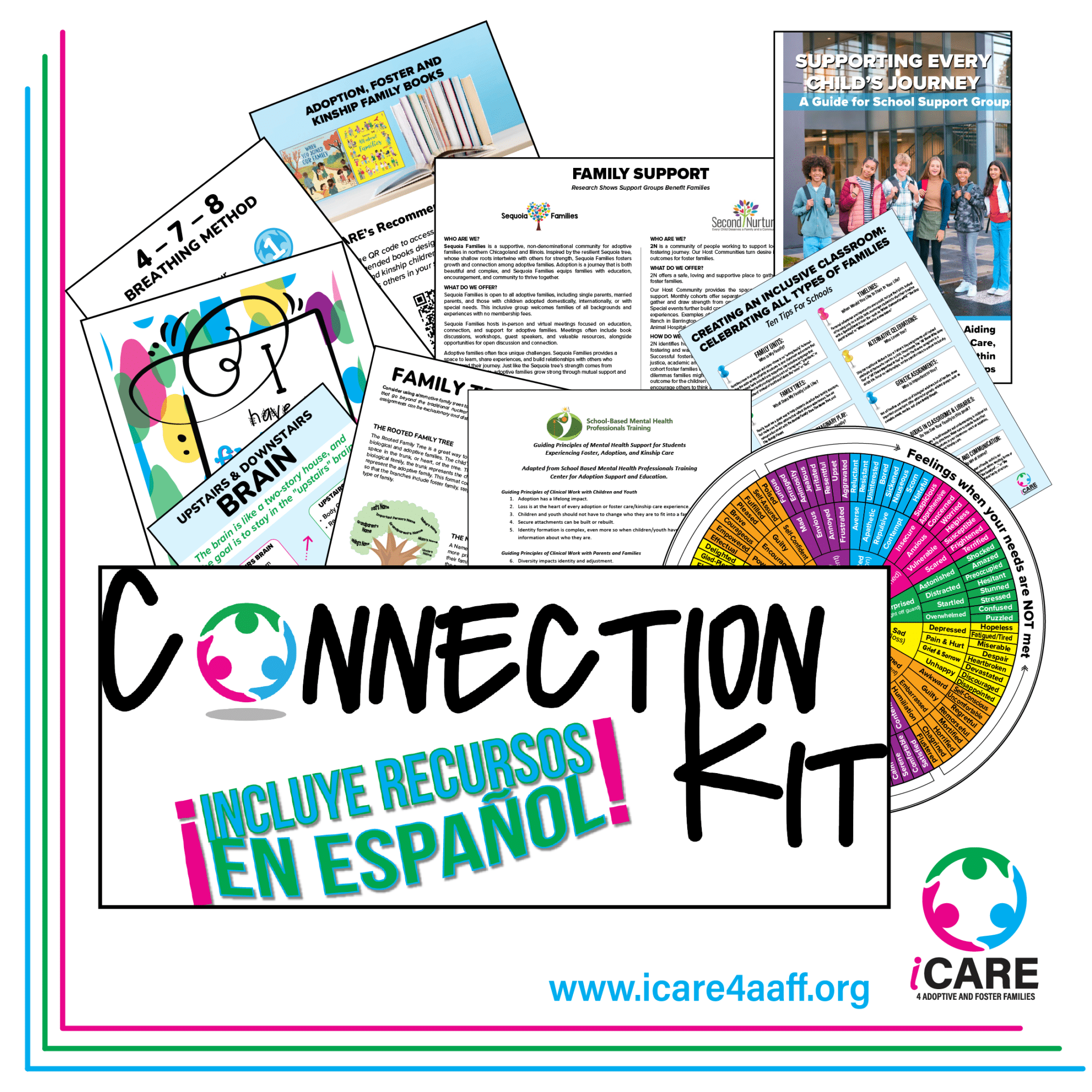Why Adoptive And Foster Teens’ Identity Struggles Can Be Misdiagnosed As Social Anxiety

Adoptive teens face unique challenges when it comes to identity, and those struggles can sometimes be misdiagnosed as social anxiety. While both issues involve self-consciousness, fear of judgment, and social withdrawal, it’s crucial to understand how identity confusion can often look like social anxiety—leading to incorrect diagnoses and missed opportunities for healing in adopted and foster children. iCARE4 Adoptive And Foster Families supports holistic and comprehensive assessments for accurate diagnosis and effective support.
How Identity Struggles and Social Anxiety Overlap
Teens struggling with identity may seem anxious in social settings, but the cause isn’t necessarily a fear of judgment; it’s often confusion about who they are. They might feel disconnected or unsure of how to present themselves, which can mimic social anxiety, but the root issue is deeper: a lack of self-awareness and internal conflict about their sense of self.
Key Differences Between Identity Struggles and Social Anxiety
- Social Performance vs. Internal Identity: Teens with identity issues aren’t afraid of how others perceive them; they’re struggling with who they are and how to be authentic.
- Blurry Self-Concept: Many adopted teens don’t have clear answers about their origins or self-worth, leading to discomfort in social situations that might seem like social anxiety.
- Avoidance Behavior: Both conditions can lead to withdrawal, but for different reasons—identity struggles arise from uncertainty about how to present themselves, while social anxiety stems from fear of judgment.
What to Do if You Suspect Identity Issues
If you think your teen’s anxiety might be about more than social judgment, take these steps:
- Seek a Therapist Specializing in Adoption Issues: A therapist experienced in working with adopted children can help address identity confusion, which is often overlooked in typical social anxiety treatments.
- Encourage Exploration of Values and Goals: Help your teen reflect on who they are and what they want. This self-exploration builds confidence and clarity over time.
- Foster Open Communication: Talk openly with your teen about their struggles and work with their therapist to explore deeper issues around identity.
Final Thoughts: Guiding Teens to a Stronger Sense of Self
Identity struggles are common for adopted and foster teens, and they require patience and the right support. At iCARE4 Adoptive and Foster Families, we advocate for holistic assessments to ensure accurate diagnoses and effective care. By addressing identity confusion at its core, we help teens build a stronger sense of self, guiding them through this important process of self-discovery.
Identity struggles are a normal part of adolescence—especially for adopted teens—and they require patience, understanding, and support. Rather than focusing on the social anxiety itself, provide a safe space for your teen to explore their identity. With the right help, your teen can grow through this process and emerge with a stronger sense of self.
Understanding the difference between social anxiety and identity confusion can help you guide your teen on their journey to self-discovery, providing them the tools to thrive now and in the future.


